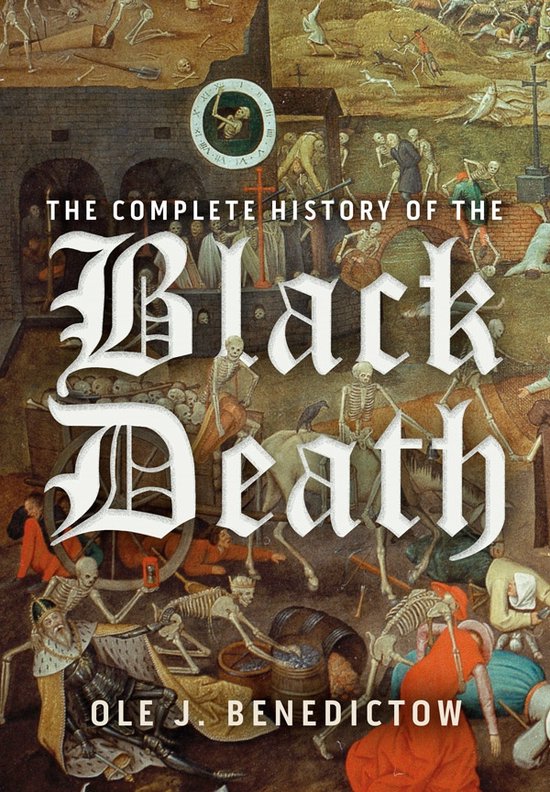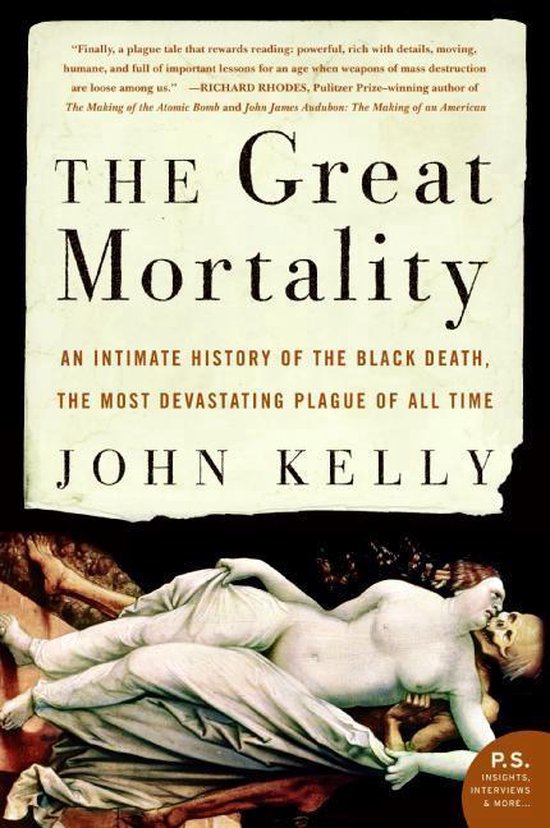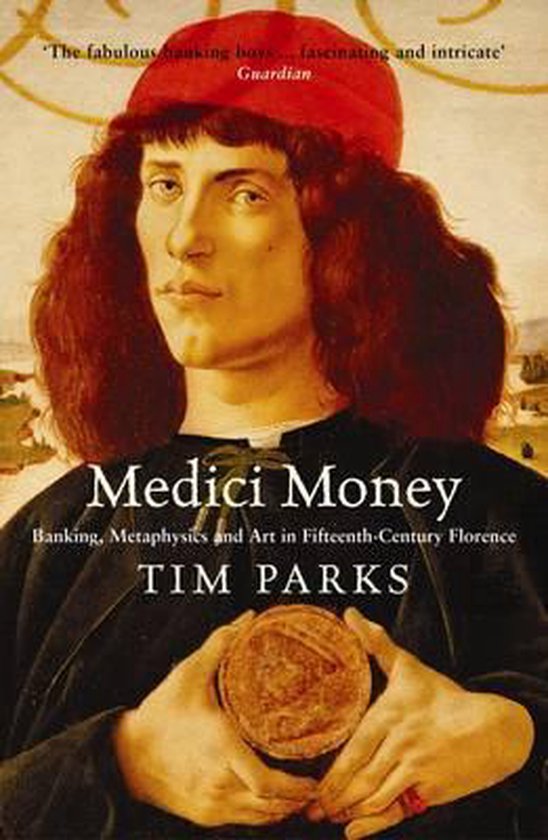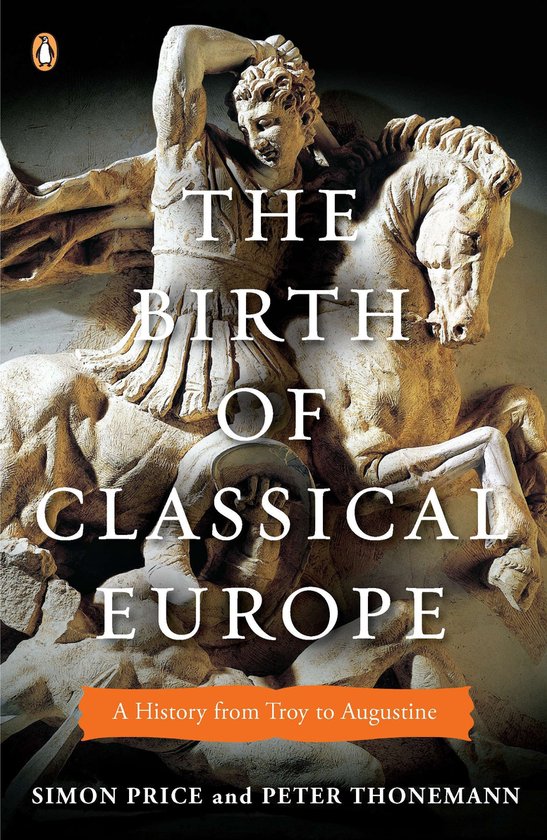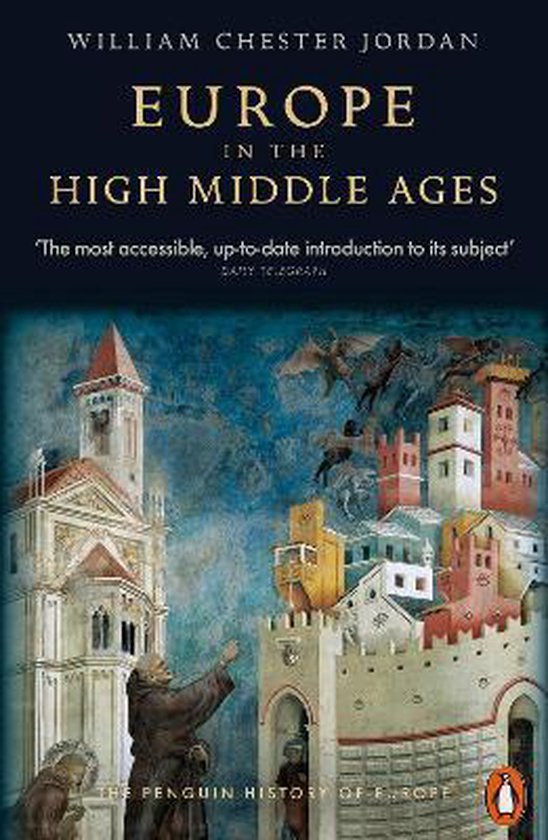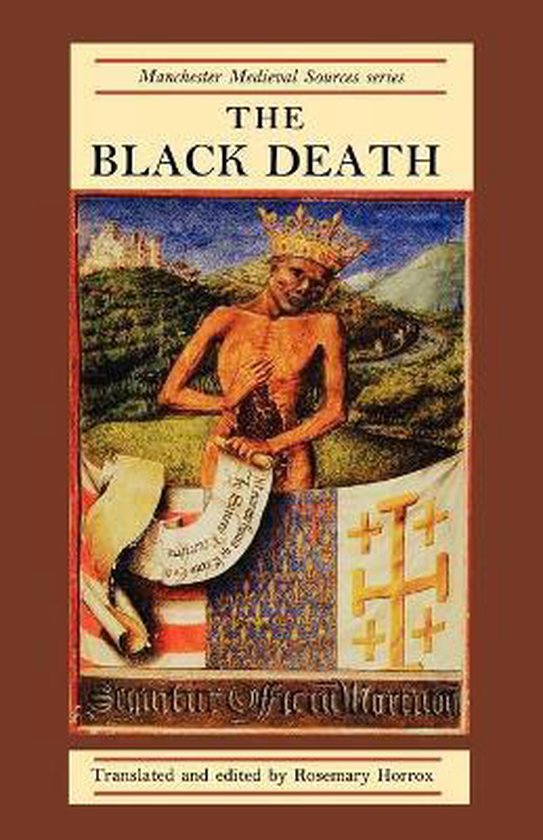
The Black Death
From 1348 to 1350 Europe was devastated by an epidemic that left between a third and one half of the population dead. This source book traces, through contemporary writings, the calamitous impact of the Black Death in Europe, with a particular emphasis on its spread across England from 1348 to 1349.
Rosemary Horrox surveys contemporary attempts to explain the plague. The almost universal belief that it was an expression of divine anger at the sins of humankind did not preclude attempts to explain in scientific and medical terms; or to look for human scapegoats. The final third of the book charts the social and psychological impact of the plague, and its effects in the late-medieval economy. The sources illustrate the fear that spread with the disease and the diverse ways that such terror influenced social behaviour.
An invaluable textbook for undergraduate and graduate students of medieval European and English history.
This series provides texts central to medieval studies courses and focuses upon the diverse cultural, social and political conditions that affected the functioning of all levels of medieval society. Translations are accompanied by introductory and explanatory material and each volume includes a comprehensive guide to the sources' interpretation, including discussion of critical linguistic problems and an assessment of recent research on the topics covered.
From 1348 to 1350 Europe was devastated by an epidemic that left between a third and one half of the population dead. This source book traces, through contemporary writings, the calamitous impact of the Black Death in Europe, with a particular emphasis on its spread across England from 1348 to 1349.
Rosemary Horrox surveys contemporary attempts to explain the plague, which was universally regarded as an expression of divine vengeance for the sins of humankind. Moralists all had their particular targets for criticism. However, this emphasis on divine chastisement did not preclude attempts to explain the plague in medical or scientific terms. Also, there was a widespread belief that human agencies had been involved, and such scapegoats as foreigners, the poor and Jews were all accused of poisoning wells. The final section of the book charts the social and psychological impact of the plague, and its effect on the late-medieval economy.
| Auteur | | Rosemary Horrox |
| Taal | | Engels |
| Type | | Paperback |
| Categorie | | Economie & Financiën |
